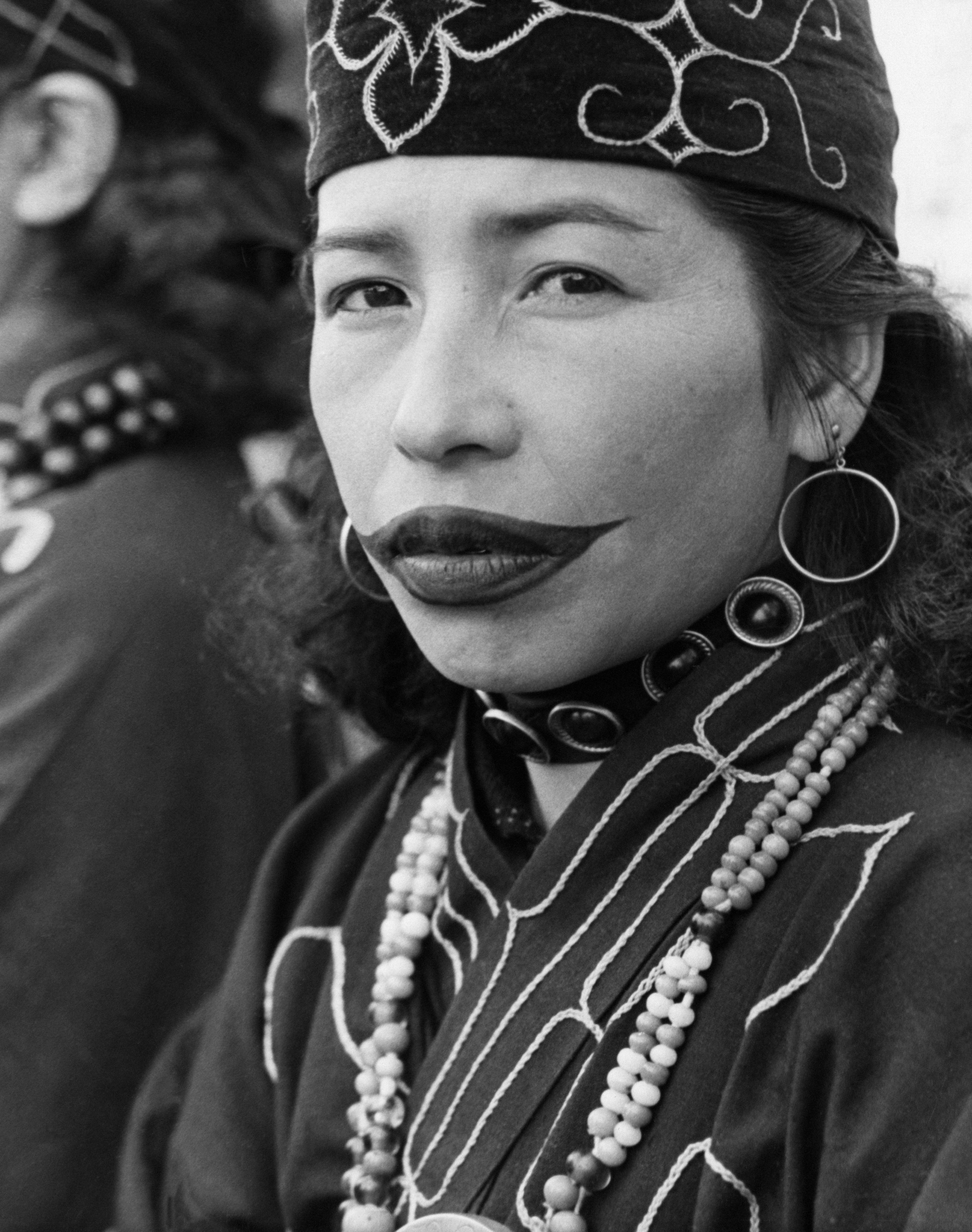ARTICLE AD BOX
The skulls of three indigenous Japanese people believed to have lived over 100 years ago have been returned to their descendants by a university.
In a poignant repatriation ceremony, the University of Edinburgh returned the skulls of the Ainu people to their community. The remains, held by the university’s Anatomical Museum for over a century, were formally handed over to the Ainu Association of Hokkaido in Edinburgh.
Prior to the transfer, members of the Ainu community conducted a traditional ceremony at the university.
The Ainu are an indigenous group primarily inhabiting the northern Japanese island of Hokkaido. For centuries, they maintained a distinct culture and language within self-governing villages.
Following their return to Japan, the skulls will be interred at a memorial site within the Upopoy National Ainu Museum and Park, adhering to Japanese government regulations.

Originally donated to the university in 1913, the remains were acquired from Scottish anthropologist Neil Gordon Munro. An Edinburgh graduate and physician, Dr Munro dedicated much of his career as director of the General Hospital in Yokohama, residing in Japan until his death in 1942.
The Ainu were marginalised and subjected to studies in the late 19th and early 20th century, with remains and cultural artefacts taken and displayed or used for research in Japan and further afield.
Masaru Okawa, executive director of the Hokkaido Ainu Association, said: “Since it became clear that Ainu remains were taken both domestically and internationally for research purposes, our association has been advocating for the return of these remains to their respective regions and for respectful memorialisation.
“We can only imagine the feelings of our ancestors who spent many years in foreign lands, but we believe they are pleased to return home.
“We are committed to continuing to honour the spirits of our ancestors with dignity, following the traditions handed down through generations.”
Professor Tom Gillingwater, chairman of anatomy at the University of Edinburgh, said: “Repatriations are an important part of the university’s efforts to care for, and address, its historical collections.
“Rather than being viewed as a diminishment of the university’s collections, they represent an important opportunity for the university to work with communities across the world in order to build new relationships and friendships.
“We are honoured to have been able to play a part in returning these remains to the Ainu community.”
Professor Sir Peter Mathieson, the university’s principal and vice-chancellor, said: “It has been a privilege to welcome representatives from the Ainu community and to work with them during this process.
“Repatriations are part of the university’s important ongoing work to review its colonial past and we are committed to returning remains in our care to their rightful descendants.”









 English (US) ·
English (US) ·